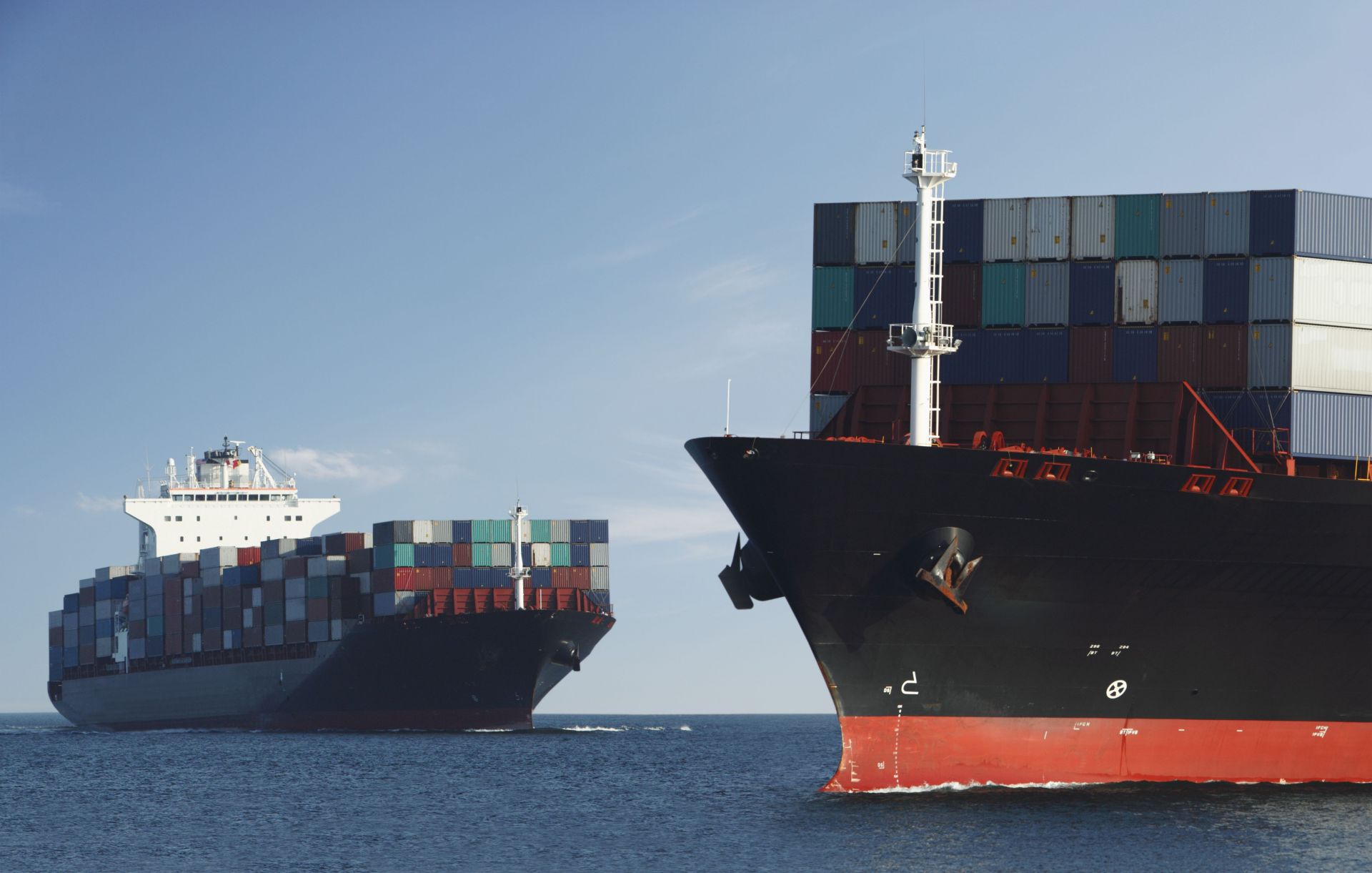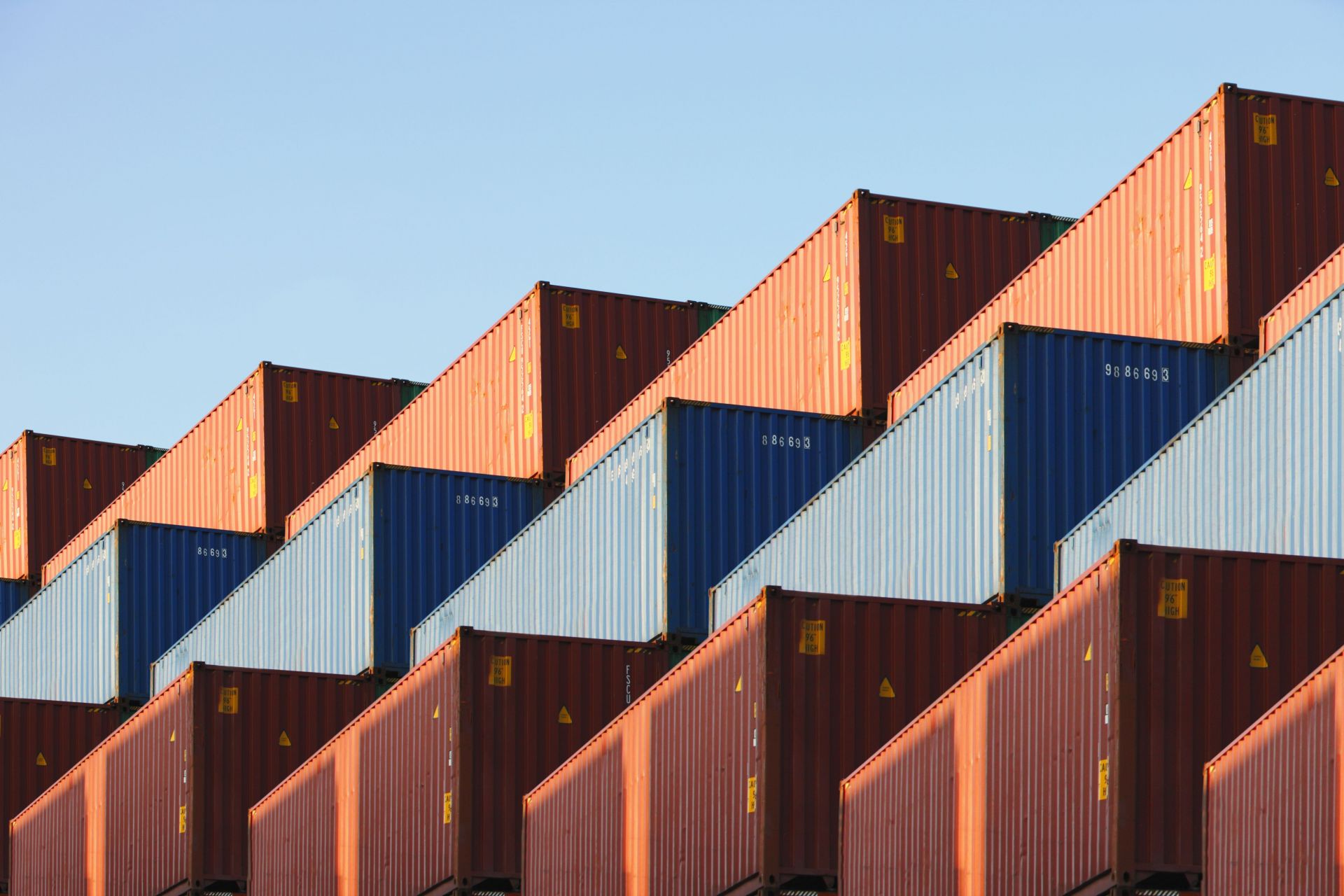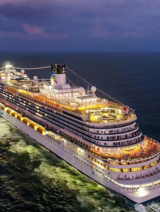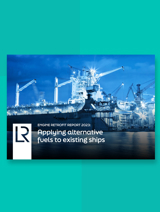The rise of ESG in maritime
Can an individual company’s corporate policies have an impact on global policy initiatives? When it comes to decisions around crew welfare, training and other factors related to ‘social’ strategies, the answer appears to be ‘yes’.
Many – perhaps most – shipping companies have established an ‘ESG’ approach to business with statements that set out the environmental, social and governance standards they apply to their planning and decision-making.
It was in 2005 when the term was coined by the United Nations Environment Programme Initiative, deciding to put ‘E’ ahead of ‘S’, but with ‘S’ ahead of ‘G’ to avoid it being overlooked. Taken together, they created a measure that is increasingly used by investors keen to support ‘green’ funding.
A report published last year by Deloitte, ESG in the Shipping Sector, noted that “an ever-increasing number of companies include in their investment announcements, not only the expected economic impact in their financial results but also the estimated impact these investments will have on the reduction of gas emissions”.

Measuring social impact
But how a company’s ‘social’ – or ‘society’, as Deloitte terms them – policies specifically impact financial decisions is less clear from its analysis, with fewer metrics available to assess. Its report suggests four: Number of accidents on-board; Number of human casualties during voyages; Number of findings related to inadequate procedures in ports; and Lost Time Incident Rate.
Operational metrics such as those are gaining importance in their own right, believes Vangelis Rousos, Vice President Commercial, at Tufton Asset Management. Speaking in May during the annual Greek Shipping Forum organised by Capital Link, he described ESG as “a natural progression from CSR” [corporate social responsibility] and, in that sense, not a big change, apart from the addition of an environmental element.
Because Tufton is a fund manager, “we always had to be strong in social and governance aspects”, he said, but with the advent of ESG each of the three elements is considered separately when assessing investments.
From a ‘social’ point of view, “we make sure that whoever we choose to manage [and] operate the ship … is a signatory to, for example, the Neptune Declaration”, which relates specifically to seafarer wellbeing standards.
During the same event, Charis Plakantonaki, Chief Strategy Officer at Star Bulk Carriers Corp, confirmed that “nowadays, everything we do is integrated with ESG” because it will be judged by others against those standards. Its ‘social’ standing is particularly important for recruitment, he said. “We’re not able to attract talent if we’re not able to offer… a working environment that promotes their health, safety, security and overall wellbeing”, he said.
Safety also sits alongside environmental factors from a financial perspective: “we cannot talk about good commercial results, unless our vessels [have] the right safety score and greenhouse gas ranking on RightShip” – something that “our charterers are asking for”, he added.

Social skills
Speaking to Horizons, Gerardo Borromeo, CEO of Philippines Transmarine Carriers (PTC), placed ‘social’ considerations at the heart of any ESG strategy, underlining the role and importance of seafarers. They should be viewed as ‘global maritime professionals’ who are the ‘tonnage enablers’ supporting shipowners, or ‘tonnage providers’.
To meet environmental targets and objectives, “the social component has to fit squarely into that equation”, he said. And that component requires people with the skill sets that will be needed for handling emerging new fuels. For example, “an engine run purely on LNG requires more of a chemistry background”.
This puts more emphasis on knowledge than physicality, he suggested. “The standard position on board has always been the ‘able-bodied’ seafarer”, he said. Now and in the future, they must be ‘able-skilled’ seafarers “to deal with the complexities of transition fuels, digitalisation and automation” that are required by “a demanding client base”.
One hallmark of a company that has a good social element to its ESG policies is its crew retention, he said. In the tanker sector, Intertanko has maintained its Officer & Crew Retention Benchmarking database for some years “and you want to be upwards of 95% on that”, Borromeo said.
Another indicator is whether a company has a career structure that encourages crew to aspire to higher ranks, “because if they get old in their job, they’re not going to be contributing effectively”, he believes.
Developing future seafarers
There is a global element to this discussion, he suggested. ILO’s Maritime Labour Convention sets out a common standard that defines governance for social protection of seafarers, he said, but the transition to new fuels and new technologies will require a global response to seafarer skills and he believes PTC’s experience in the Philippines has a wider relevance.
About 2% of the country’s GDP is generated by its maritime diaspora and “we need to make sure that those onboard will be able to continue to maintain their jobs”, he said. “As a country, we have to make sure that those wanting to go to sea [have] STEM-based education so that they will be capable of working in more sophisticated environments.”
As well as his role at PTC, Borromeo is also a board member of the International Chamber of Shipping (ICS), which is one of the organisations behind the Maritime Just Transition Taskforce that was formed during last year’s COP 26 (see panel below). Reflecting on his local and international experience, PTC saw parallels with what the taskforce was addressing on a global level and it formally joined the group as a supporter.
PTC brings to the group “a framework to anticipate how we need to develop the seafarer of the future”, he said, and then decide “what kind of an environment must they grow up in to be ready for [that future]”.
This appears to extend the notion of company-specific social policies deep into national and international policies. “We’ve got to create pipelines back to the youngest ages”, he said to create an image of shipping so that “people can say ‘I want to be in that kind of an industry where I can make a difference’”, he said.

Task force focuses on skills for future technologies
Formed at COP 26 in Scotland last November and with a deadline of COP 27 in Egypt this November to deliver its first report, the Just Transition Maritime Task Force started by “calibrating the scale of the challenge”, its coordinator Martha Selwyn told Horizons.
She is an associate with the Sustainable Ocean Business Action Platform at the UN Global Compact, one of five organisations behind the initiative, alongside IMO, ITF, ILO and the ICS. Lloyd’s Register Foundation (LRF) is also closely involved in the task force as its major funding body, with further funding and other support coming from Singapore’s Maritime Foundation, which became its ‘programme partner’ in April.
According to a statement at its launch, the Task Force’s purpose is to “push forward shipping’s climate goals” while focusing on “the development of new green skills and … identifying best practice across the value chain and providing policy recommendations for an equitable transition – with a specific focus on developing economies.”
Those goals have obvious similarities to the ‘social’ aspect of ESG policies discussed in the main article on this page, but Selwyn stressed that Just Transition “is not just an ESG add-on”. Instead, it is “an advocacy tool to drive the progressive climate policies that we need. [But] it’s important that while we talk about climate and net zero and rapid decarbonisation, we don’t forget about people”.
She drew a link between the macro-level discussions within the task force and internal discussions within companies setting their ESG policies, saying that just transition “should be led by governments” as they think about, for example, tax or other incentives for companies to retrain and reskill their workers, “but then it’s also up to companies to invest in their workforce, and to make sure that they have the adequate training and skills for their workers”.
Olivia Swift, a Senior Programme Manager at Lloyd's Register Foundation, explained that the report going to COP 27 represents the first phase of the task force’s work, for which an external party is “identifying the skill requirements for new fuels”. This could eventually lead to updates to STCW “in a way that supports the transition”, she said.
But Just Transition is about more than the skills element highlighted in this first phase. Other topics the taskforce will cover include knowledge exchange between states, diversity and inclusion, she said.
And she is impressed by the task force’s ambition. “It’s being heralded, with good reason, as an unusual degree of collaboration” between its five partners. They are, she said, “planning the needs for decarbonisation from different angles in a joined-up way, [rather than] just ploughing ahead with technical requirements.







